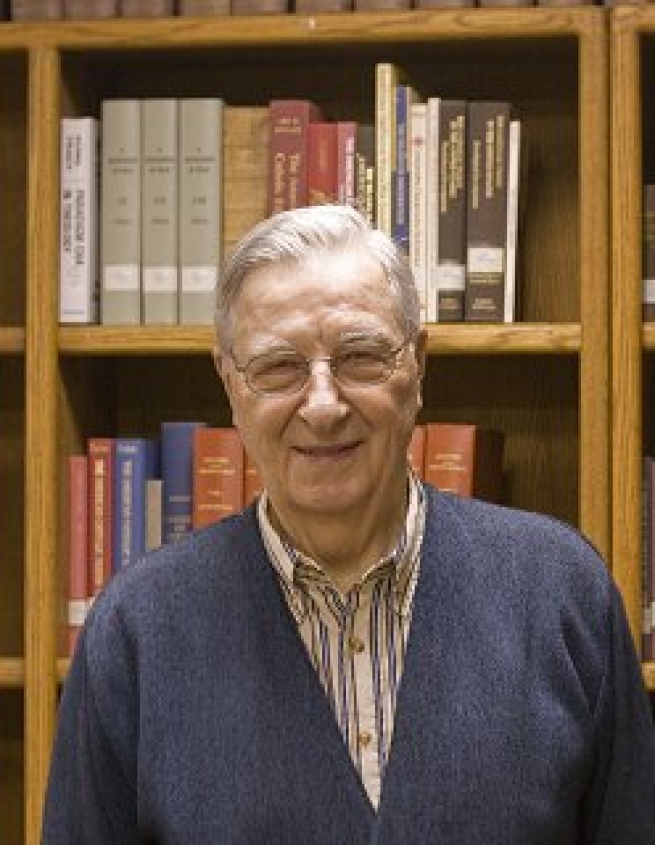by Marcelo Escalante Mendoza, SDB
How is the ‘spirituaity of the everyday’ to be understood in the Salesian charism?
As Salesians, we may understand “spirituality” as the vehicle in which we move and enter into relationship with our brothers in community, with our young people, with the persons that share with us the mission of education-evangelization of the young, and with people in general. Inclusively and essentially we are speaking of love or charity. We must not be elitists in this. Practically speaking, we may replace the word “spirituality” with other terms that may better express what we mean. We could, for example, use terms like love, charity, friendship, desire to help, availability to others, etc. Taken together, these terms may aptly describe the “spirituality of the quotidian,” as Don Bosco understood it.
Who were the people who influenced the spirituaity of Don Bosco?
It is this very aspect that best reveals the influence of St. Francis de Sales on Don Bosco. It is practically certain that Don Bosco was well acquainted with the Introduction to the Devout Life (Philothea), the masterly work of the holy Bishop of Geneva. We are thereby reminded that Don Bosco lived as a mystic, that is to say, in overarching union with God, with the saint, especially with the Virgin Mary, with whom he conversed with authentic familiarity. Moreover, he understood the mystic life as a life that issued in practical Christian love fully engaged in Christian ministry and lived not merely as humanitarian philanthropy but out of a deeply rooted union with God.
What practical significance has the spirituaity of Don Bosco?
The Salesian Family is not a “social club,” but a family that unites us for the apostolate and the work for the salvation of young people. In this sense, our spirituality does not keep timetables, but is lived daily especially in the way we treat other people. Consequently we must be careful with the words we use, and with the manner we treat other people. In this regard, the respect toward other persons and their way boing is very important. These small detains might appear insignificant, but insignificant they are not, for they express our interior dispositions, and are authentic signs of a well lived Christian (and Salesian) spirituality”.


